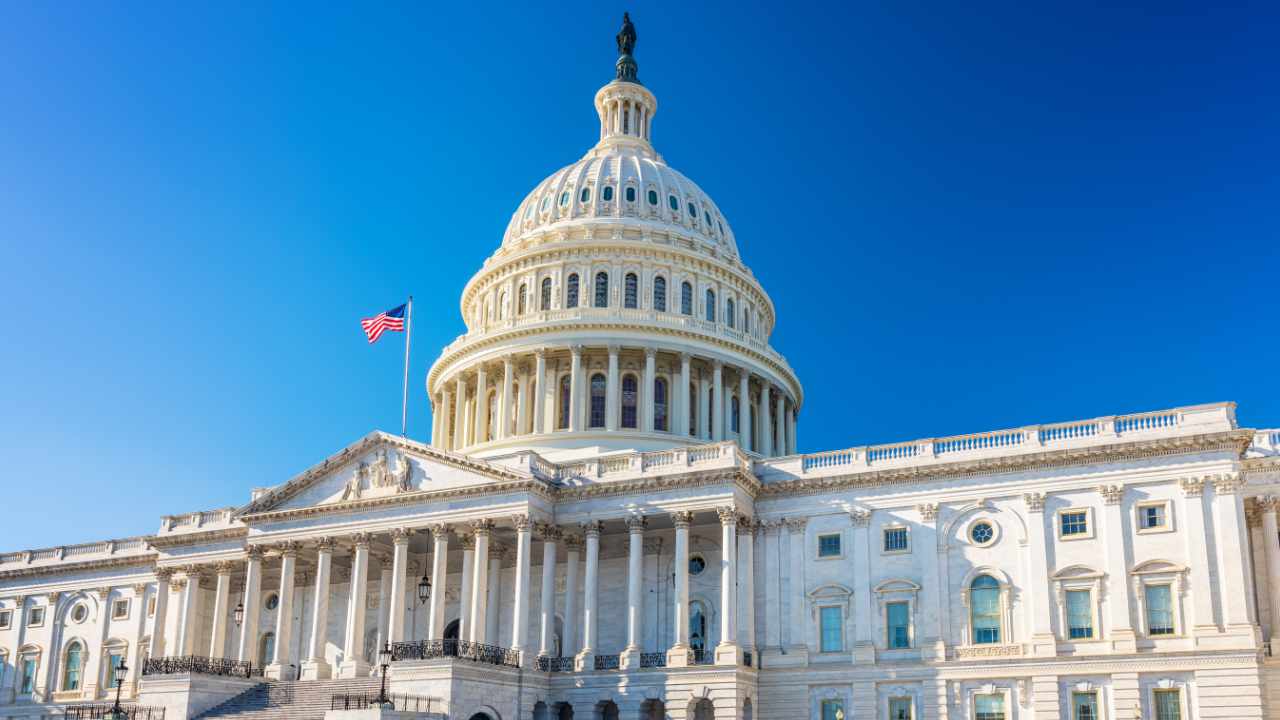
U.S. lawmakers are concerned about the circularity between financial regulators, the crypto industry, and other government officials. “Over 200 government officials have moved between public service and crypto firms,” the lawmakers said, adding that they include 31 Treasury Department officials and 28 Securities and Exchange Commission (SEC) officials.
There is a revolving door between financial regulators, like the SEC and crypto industry
Five U.S. senators have written to seven financial regulators to inquire about their plans to combat the cycle between their respective agencies and the cryptocurrency industry. The letters, dated Oct. 24, were signed by Sen. Elizabeth Warren (D-MA), Sen. Sheldon Whitehouse (D-RI), Rep. Rashida Tlaib (D-MI), Rep. Alexandria Ocasio-Cortez (D-NY), and Rep. Jesús G. “Chuy” García (D-IL).
The letters were sent to Securities Exchange Commission (SEC) Chair Gary Gensler, Commodity Futures Trading Commission (CFTC) Chair Rostin Behnam, Treasury Secretary Janet Yellen, Federal Reserve Chair Jerome Powell, Federal Deposit Insurance Corporation (FDIC) Acting Chair Martin Gruenberg, Office of the Comptroller of the Currency (OCC)’s Acting Comptroller of the Currency Michael J. Hsu, and Consumer Financial Protection Bureau (CFPB) Director Rohit Chopra.
“We write seeking information about the steps your agency is taking to stop the revolving door between our financial regulatory agencies and the cryptocurrency (crypto) industry,” the lawmakers wrote. “The crypto sector has rapidly escalated its lobbying efforts in recent months, spending millions in an attempt to secure favorable regulatory outcomes as Congress and federal agencies work to craft and enforce rules to regulate this multi-trillion dollar industry.”
These were their explanations:
As part of this influence campaign, crypto firms have hired hundreds of ex-government officials … and we are concerned that the crypto revolving door risks corrupting the policymaking process and undermining the public’s trust in our financial regulators.
“According to the Tech Transparency Project, over 200 government officials have moved between public service and crypto firms, serving as advisers, board members, investors, lobbyists, legal counsel, or in-house executives,” the letter details.
They also stated that at least 31 Treasury Department employees, 28 SEC officers, 15 CFTC and six Federal Reserve officials are included, as well as five OCC officials (three CFPB officials and two FDIC).
Continue reading the letter:
They join at most eight ex-members of Congress, 79 ex-staffers in Congress and 32 ex-White House officials currently lobbying or advising crypto interests.
“Americans should be confident that regulators are working on behalf of the public, rather than auditioning for a high-paid lobbying job upon leaving government service. The rapidly spinning revolving door out of government and into the crypto sector, however, undermines both imperatives,” the lawmakers stressed.
Their letters conclude with a list of questions concerning each agency’s guidelines to prevent a revolving door with the crypto industry. One question, for example, asks what transparency and ethics rules each agency has in place to protect the integrity of its officials. A second question asks how agencies protect their policies against being subverted.
influenced by current or former employees’ potential conflicts of interest. November 7th was the deadline for responses from regulators.
How do you feel about the loop between the financial regulators, the cryptocurrency industry and each other? Please leave your comments below.
Images CreditsShutterstock. Pixabay. Wiki Commons
DisclaimerThis information is provided for educational purposes only. This article is not intended to be a solicitation or offer to sell or buy any product, service, or company. Bitcoin.com doesn’t offer investment, tax or legal advice. This article does not contain any information, products, or advice that can be used to cause or alleged result in any kind of damage.